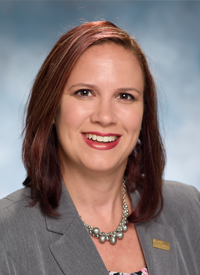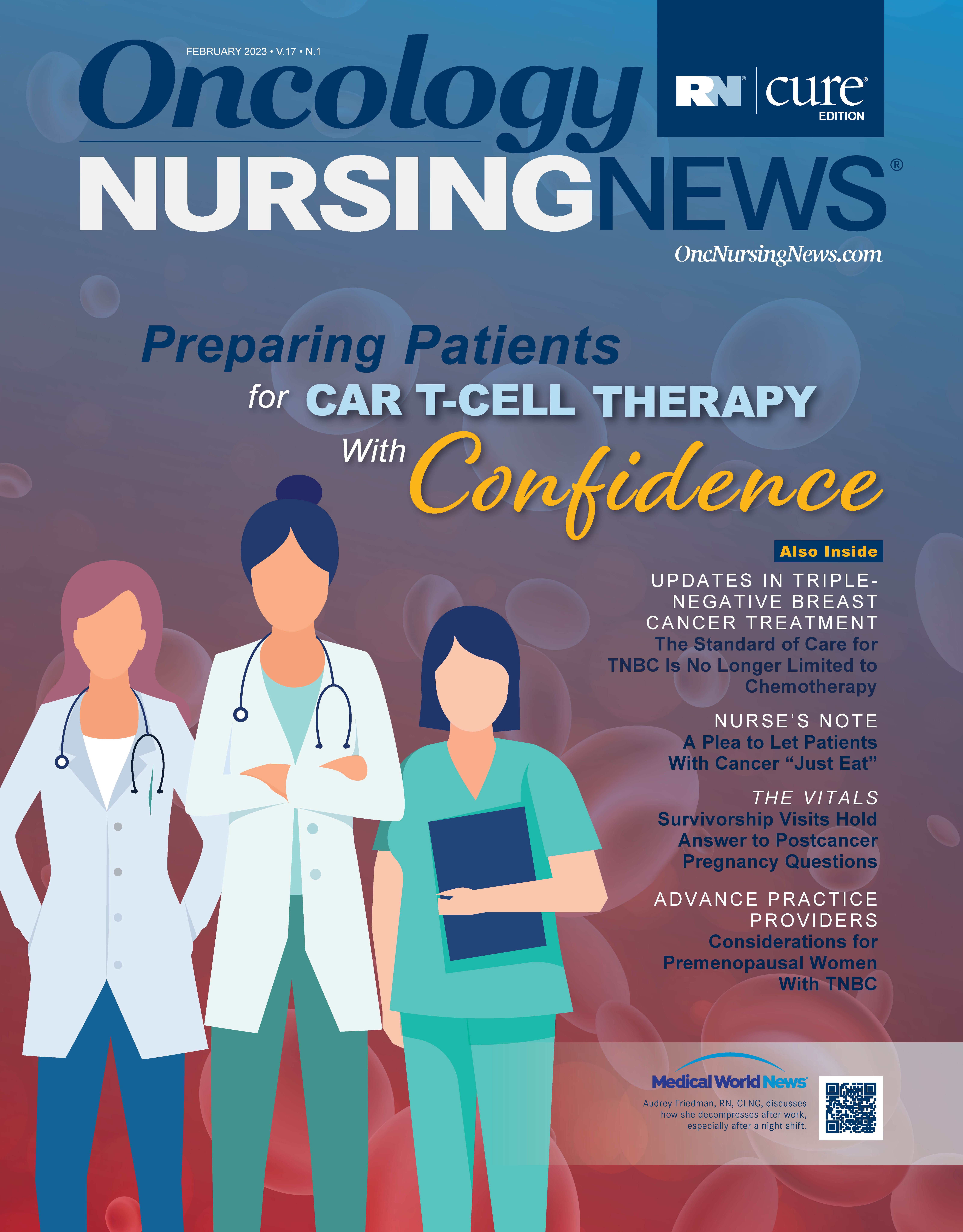Nursing Education Can Be a Lifelong Marathon. Are You Ready for the Race?
Nursing education should be viewed as a long-course endeavor rather than a sprint.
Carla Schaefer, DNP, RN, OCN, CENP

Medicine is constantly evolving, and nurses are charged with staying up to date to provide first-rate care to patients. Thus, for nurses learning is a continuous process, a marathon more than a sprint. And it can come in different forms, from learning from our patients to pursuing postgraduate fellowships. Many of us set out with the goal of earning a BSN. Some of us are content with that achievement, and others— right away or a bit later—begin to think about the next challenge: a graduate degree. Fortunately, the American Association of Colleges of Nursing (AACN) reports that more than 500 institutions in the United States offer master’s level nursing degrees.1 As of 2021, there were approximately 135 institutions offering PhDs,2 280 postbaccalaureate DNPs, and 381 postmaster’s DNPs,3 so there are many options to consider as you look to reach that next objective.
Where should you begin? Just like choosing a racecourse and training to compete, selecting a program, navigating the application process, and completing the coursework requires commitment. It is important to choose a program that meets your needs, allows you to work at your desired pace, and offers coaching to keep you on track.
What degree do you want to receive when you cross the finish line? You need to be able to walk before you can run, so start by deciding whether you want to teach, conduct research, function as an advanced clinician, or work toward nursing leadership. That decision will guide you toward the programs you should consider.
At what pace do you plan to complete your studies? Do you need to work full-time, part-time, or can you dedicate all your time to education? Many schools offer part- and full-time programs, in person and online. Pairing your desired degree with to the time commitment you can make will help narrow your options. Be sure to find out what the admission deadlines are at the schools where you plan to apply. Most require references and personal statements or essays, so you will need to allot yourself the necessary time.
Now, how will you finance your degree? Many hospitals and health care systems offer tuition reimbursement, but often your cost per credit hour will exceed their annual allotment. Compare the numbers and ascertain what you will be responsible for. It is OK to let your budget dictate the number of credits you take each semester. Be sure to research grants, scholarships, and loan repayment programs. Many nursing specialty groups offer grants and scholarships, but a quick internet search is a good place to start.
Remember, you are not alone in this endeavor. Enrollment in DNP programs increased from 39,530 to 40,834 over the past year.3 Chances are that a colleague or a friend is running this same race. Network and find mentors who are willing to be your partner and share their experiences along the way. You will no doubt encounter people who are amenable to dispensing the wisdom they’ve acquired. And take advantage of program advisers: develop relationships and have open and honest conversations with them. They want you to succeed as much as you do!
Congratulations, you have been accepted into a graduate nursing program. But don’t forget self-care. Balancing life, work, family, and coursework is not easy. It is OK to take breaks, it is OK to switch directions if your initial course is not the right fit, and it is OK to take it slow. Sometimes the hare wins the race, but often, the tortoise, with its a slow and steady pace, is the victor. Only you can decide whether you will be the tortoise or the hare.
References
- Master’s education. American Association of Colleges of Nursing. Accessed December 12, 2022. https://bit.ly/3vCX9Cy
- Top PhD in nursing programs. Nurse.org. July 21, 2022. Accessed December 12, 2022. https://bit.ly/3QalGYQ
- DNP fact sheet. American Association of Colleges of Nursing. Accessed December 12, 2022. https://bit.ly/3QagQuK

Sri Kota Weighs in On the Evolving Breast Cancer Paradigm
June 15th 2022In this episode of “The Vitals,” Sri Kota, MSN, BA, RN, OCN, reflects on nurse-specific takeaways from SABCS 2021, exciting changes in the breast cancer space, and the importance of patient education in the face of new regimens.



